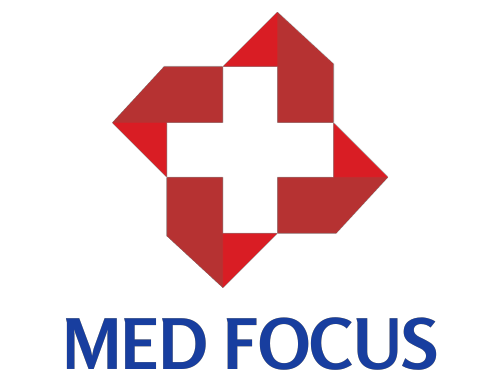Effective leadership is a complex and highly valued component of healthcare education, increasingly recognized as essential to the delivery of high standards of education, research, and clinical practice. To meet the needs of healthcare as well as emerging health scenario incorporation of leadership qualities are essential in the world of healthcare.

Few ideas are shared about healthcare leadership traits to practice in clinical services.
- Management and Leadership
Management and leadership are considered just as important as each other in accomplishing organizational goals. Leadership is seen as setting direction, influencing others, and managing change with management concerned with the marshaling and organization of resources and maintaining stability.
- Transformational Leadership.
The introduction of transformational leadership has undergone a major shift from representing an authoritative relationship (transactional), to a process of influencing individuals (transformational). Transformational leadership involves leadership through the transformation of individuals or 'followers', to work towards a common organizational goal. Transformational leaders define organizations through the articulation of a clear vision and clear values.

- Team Leadership
Team leadership involves a collaborative role, with an emphasis on shared leadership and thoughtful allocation of responsibilities. Teams are comprised of interdependent members, who need to coordinate their activities to accomplish their shared goals. Successful teams thrive on their diversity, drawing from the strengths of every member.
- Language of Leadership
The role of the modern leader reinforces the tenets of stepping forward, collaborating, and contributing. This role involves encouraging others by practicing followership and lending meaningful support to other leaders. Communicate with clarity of your purpose and the role of others. Stimulating Deliver messages in a powerful, inspiring, and dramatic way. Lead by example and walk the talk.

- Development of Leadership Qualities
Leadership development, assessment, and feedback are necessary throughout the education and training of health professionals. Aspiring and current leaders can be identified, trained, and assessed through formal leadership development programs, and supportive organizational cultures. This requires embedding leadership training programs, opportunities for leadership practice, and the promotion of professional networks within and beyond the organization.

On the whole, all these suggestions would enhance your leadership skills in clinical practices and empower you to the dedicated profession.
Please check out themedfocus.com for further recommendations and guidance about pursuing medical school.
If you're looking for a reliable online source, check out the URL provided below to view the complete medical school bundle
https://themedfocus.com/products/the-complete-med-school-bundle

